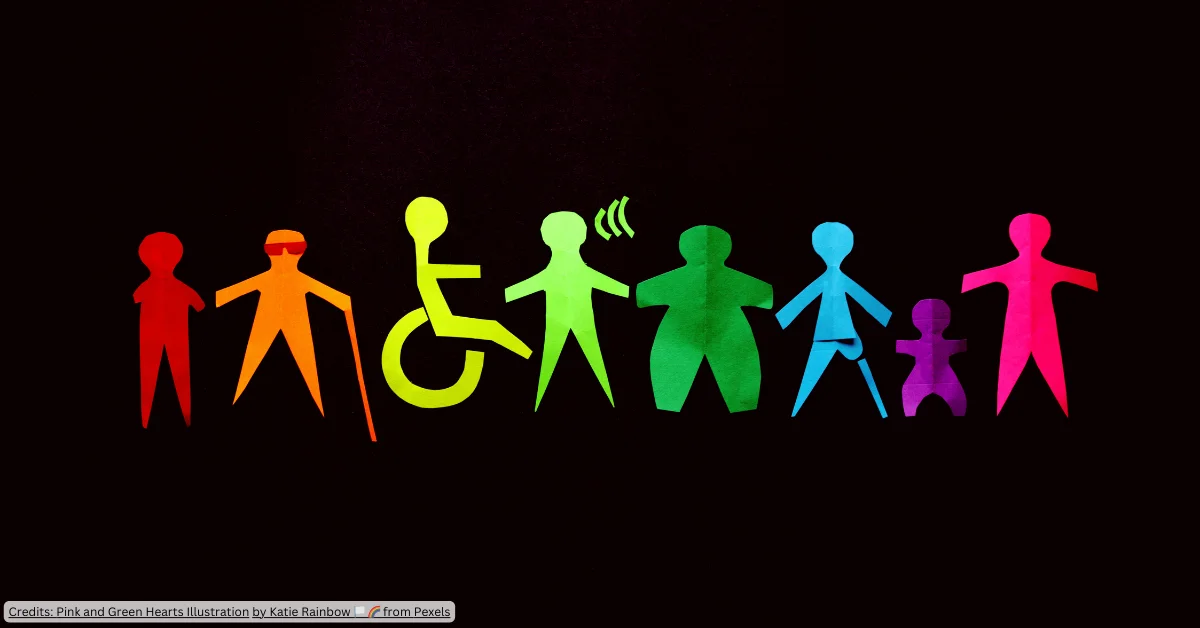Ahead of the federal election, the Australian Council of Social Services (ACOSS) lodged a budget submission calling for more funding and support for communities.
The submission urged the government to close gaps in essential services, provide not-for-profits and peak bodies with more funding to serve vulnerable Australians and has called for urgent action on the abuse suffered by people with a disability.
ACOSS CEO, Cassandra Goldie, said: “Australia now has the highest median wealth globally but our community services are underfunded and there are three million of us living in poverty, including more than 700,000 children.
“By fairly sharing our country’s wealth we can properly fund quality services, including aged care and disability services, and strengthen our social security system so people who fall on hard times can get back on their feet.”
The submission addressed the increased funding cuts since the 2014 budget and cited the growing demand and rising costs of serving communities. On top of calling for the raise of Newstart and Youth Allowance, ACOSS also requested a boost in the direct investment of social housing and a new national Indigenous housing strategy.
ACOSS said the funding climate over the last five years for essential services has been “one of chronic uncertainty”, with many organisations unsure whether they will receive support from government for vital and innovative services.
RELATED ARTICLES
“Poverty is a consistent feature of Australian life”: ACOSS report finds where the government has failed
International development groups welcome Labor’s commitment to foreign aid
How the budget impacts the NFP sector
“Our sector faces considerable funding and regulatory challenges that make it harder to achieve outcomes for the people and communities that we work with,” ACOSS said.
“Many of these challenges have accumulated over many years and now present a series of unnecessary roadblocks to achieve change we want to see for people experiencing poverty and disadvantage. Removing them would make a real difference to our sector’s capacity to do our important work.”
It added the impact of under-resourcing is being felt across the country, with those on the lowest incomes, young people, homeless people and those suffering from mental health illnesses suffering the most.
To combat this, ACOSS called for peak bodies and advocacy groups to be awarded an increase in funding to ensure marginalised voices are heard in public debate. The sector should also be supported in climate change resource and support.
ACOSS said: “Community sector organisations play a vital role in disaster preparedness, management and recovery, especially for vulnerable people, and are themselves vulnerable to extreme weather events. They should be supported to reduce their emissions and improve organisational resilience to better provide help.”
To repair years of damage, ACOSS has called for a restoration to frontline services and an expansion on wage subsidies.
“These reforms are needed and they are affordable, as long as poorly targeted and inefficient tax concessions and spending programs are wound back. We should all contribute to the extent of our ability to national efforts to eliminate poverty, achieve full employment, house everyone affordably and guarantee essential services.”












